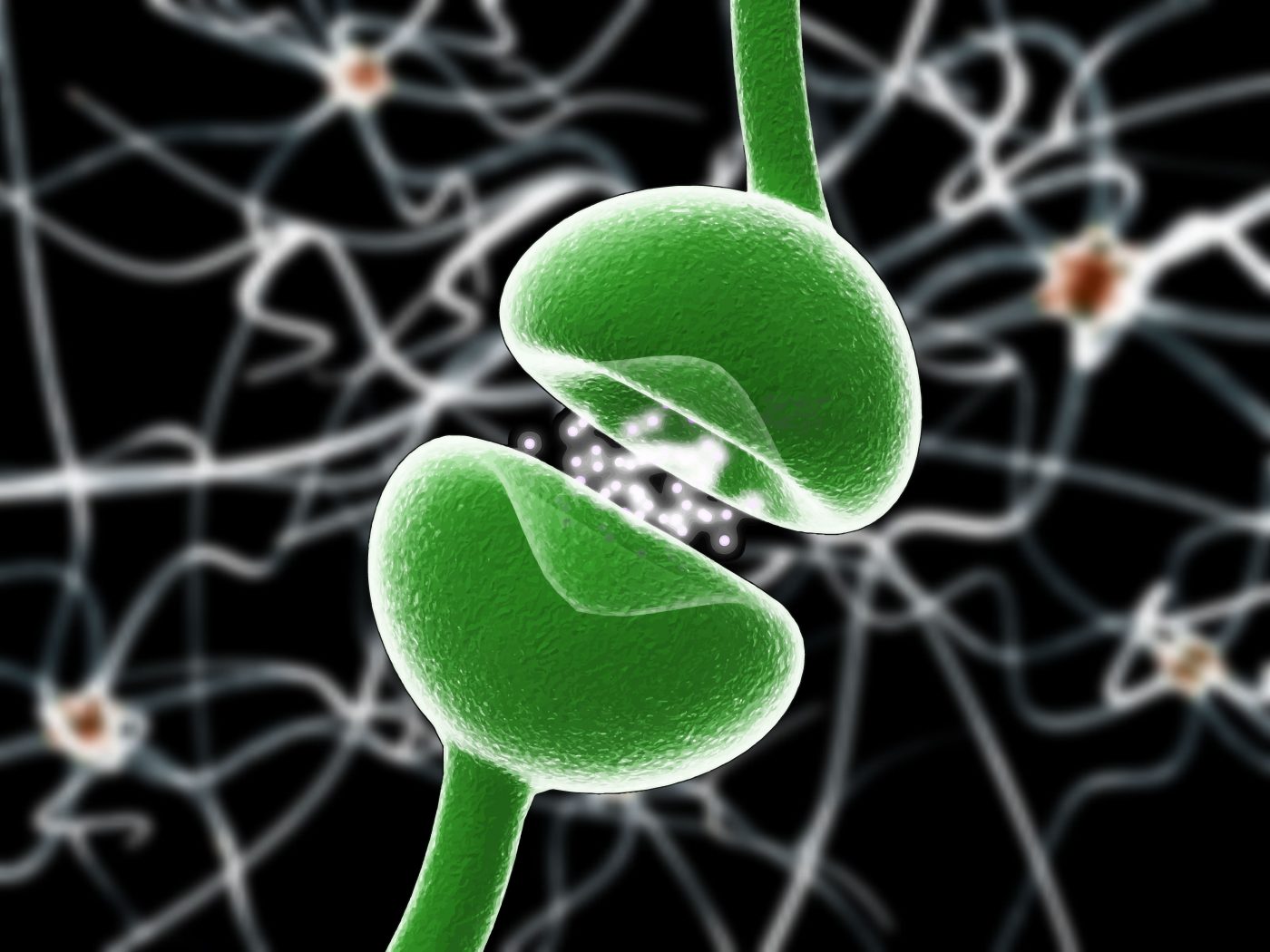Lack of IFNβ Function Linked to Parkinson’s Disease Onset

Researchers at the Biotech Research and Innovation Centre (BRIC), University of Copenhagen, have linked lack of signaling by the immune system-regulating cytokine Interferon-beta (IFNβ) to the on-set of non-inheritable Parkinson’s disease (PD). The research paper, entitled “Lack of Neuronal IFN-β-IFNAR Causes Lewy Body- and Parkinson’s Disease-like Dementia”, was published in Cell.
Parkinson’s disease is a progressive and debilitating neurodegenerative disease characterized by the loss of control of balance, movement and coordination. It can also lead to impaired cognition and a decline in intellectual function. Patients with PD present a higher risk for dementia. While some PD patients present a familial history of the disease, most cases are not inherited and the underlying causes remain unclear.
In this study the team used experimental mice models of PD to determine what effect the immune gene IFNβ would have in the health of brain cells (neurons) and also its role in disease prevention. Scientists showed that deficiency of IFNβ signaling led to spontaneous neurodegeneration. The lack of this cytokine renders neurons incapable of processing and recycling waste proteins, which in turns leads to the accumulation of these proteins and formation of neuron-damaging structures called Lewy bodies. Mice lacking IFNβ developed these structures in areas of the brain responsible for memory restoration, movement control and cognitive learning and also presented a reduction in dopamine-producing neurons and dopamine signaling. This impaired brain function lead to the the onset of clinical symptoms observed in PD and dementia patients. Furthermore, treatment with IFNβ restored recycling activity to neurons, promoting their survival and growth.
These novel findings highlight the potential of IFNβ as a preventive therapy for PD patients, attacking the disease before impairment of movement and dementia, as opposed to current therapies that treat the early symptoms but eventually loose effect as disease progresses. Study author Professor Shohreh Issazadeh-Navikas commented on the team’s results, “This is one of the first genes found to cause pathology and clinical features of non-familial PD and DLB, through accumulation of disease-causing proteins. It is independent of gene mutations known from familial PD and when we introduced IFNβ-gene therapy, we could prevent neuronal death and disease development. Our hope is that this knowledge will enable development of more effective treatment of PD”.






